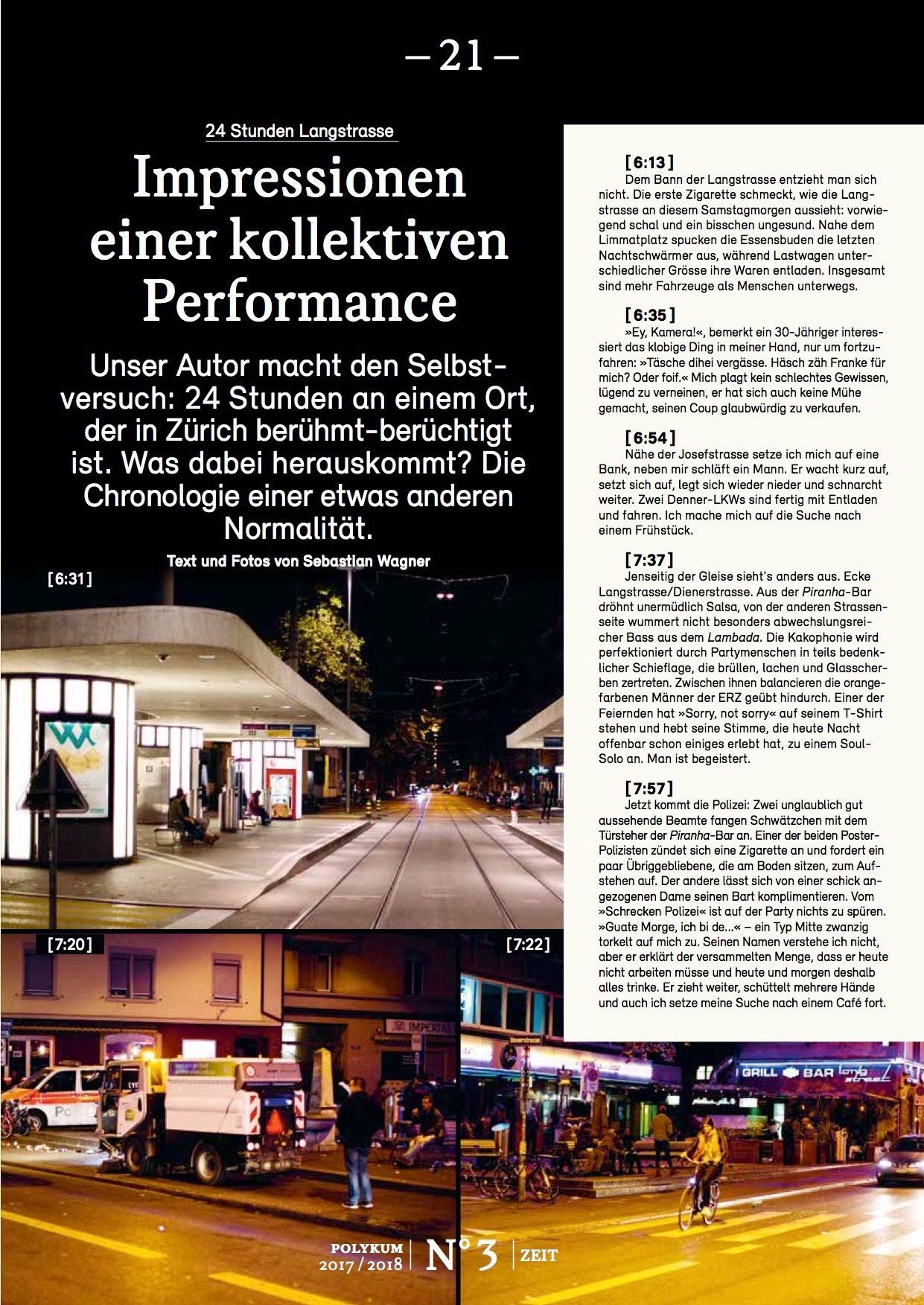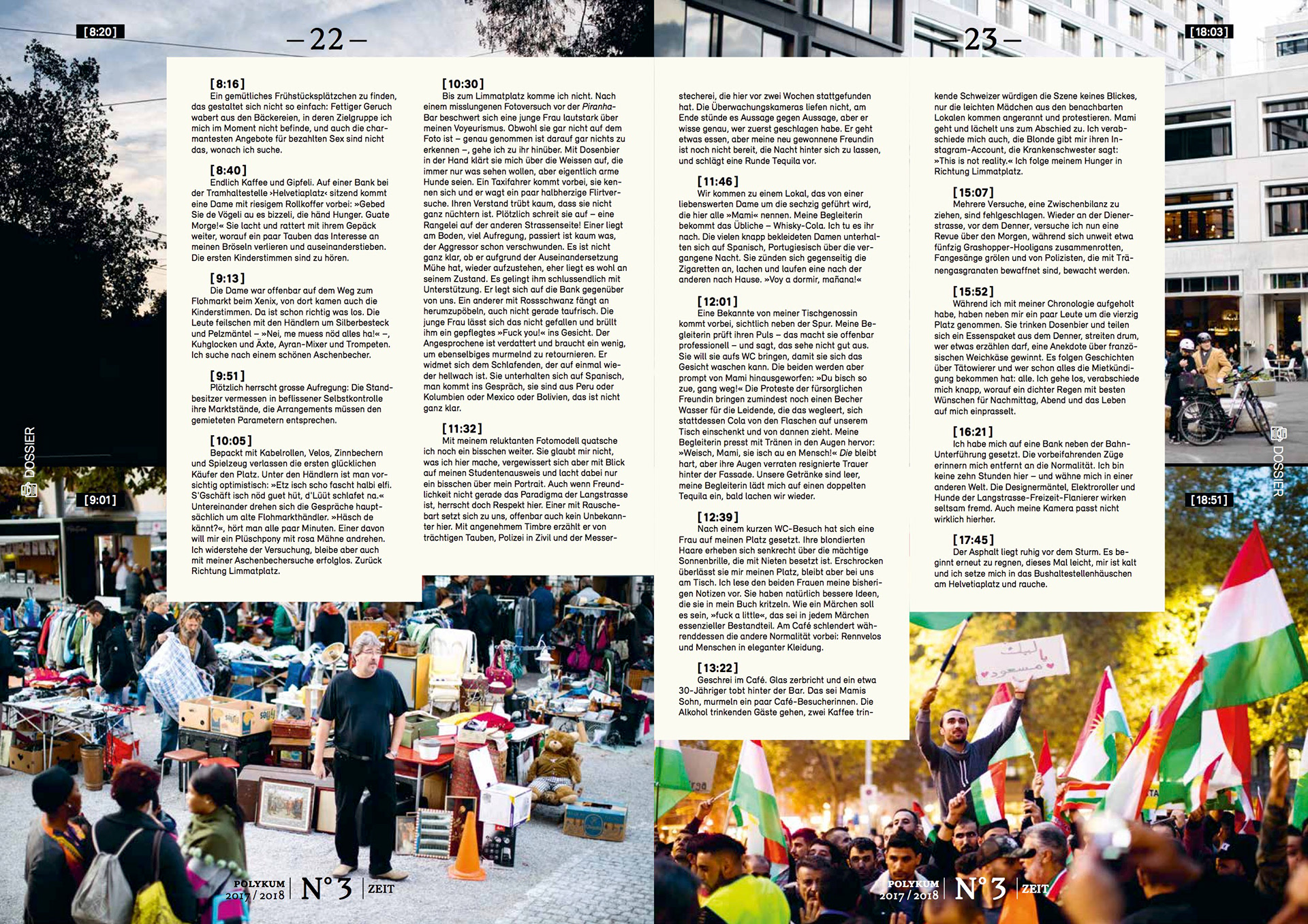The Faraday Challenge
Reviewing UK’s plan to foster battery research, innovation, and industry
August 2018
In 2017, the UK government announced the Faraday Challenge (FC) as part of its industrial policy. Over five years it is set to fund fundamental research, business-centred innovation, and a testing facility for industrial-scale manufacturing of batteries. Its focus lies on electric vehicles. This paper lies out how the Faraday Challenge is embedded within the framework of the industrial policy, specifically clarifying its role for the facilitation of battery diffusion in the UK. It does so by characterising the policy design, comparing it to other active policies as well as assessing its influence on technological change.
The Faraday Challenge is characterised as an extended technology-push policy by putting an emphasis on the applicability of its funded projects and providing both a testing bed for manu-facturing as well as fostering collaboration within the battery and automotive sector.
An investigation of the projects funded so far reveals that the FC is not entirely focussing on lithium-ion batteries, but also enables research for novel technologies, battery systems and design, as well as manufacturing. By design and by economic factors the policy might be particularly successful in facilitating progress in the currently hampering field of battery recycling.


